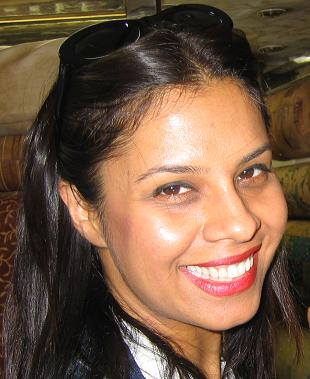This morning, my colleague Hector Arthur pointed me to a new report from Ovum's Mark Little knowing I'd have a few comments to make. In the corresponding blog post – "Big Trust is Big Data’s missing DNA" – Mark kicks off with:
In the rush to monetize customer data, companies risk diminishing the trust people have in services and brands. Sustaining and growing people’s trust in services is not just about “doing the right thing,” but also makes commercial sense.
As I like to say in other words, big data is worth more when wielded with customers rather than at them. Ovum calls this approach Big Trust.
Big Trust strategies are designed to build “trust equity” with customers as a basis for making core services stickier, for selling new services, and for brokering personal data to commerce under a new set of trust principles.
Public relations
The outlook is informed, directly or indirectly I know not, by the excellence theory of public relations presented by James E Grunig more than twenty years ago, which champions the two-way symmetrical PR model. This model uses communication to negotiate with the public, resolve conflict and promote mutual understanding and respect between the organization and its stakeholders. My Six Influence Flows model from 2011 extends this work for the digital / social / big data age, and you can find out more about PR models in my post here if it's your thing.
Of course, this is not how the majority of practitioners practice PR, deferring instead to publicity and 'spin', which may be associated more closely with distrust than trust. But excellent practice is championed if, as a shrewd procurer, you know where to look. Read more


